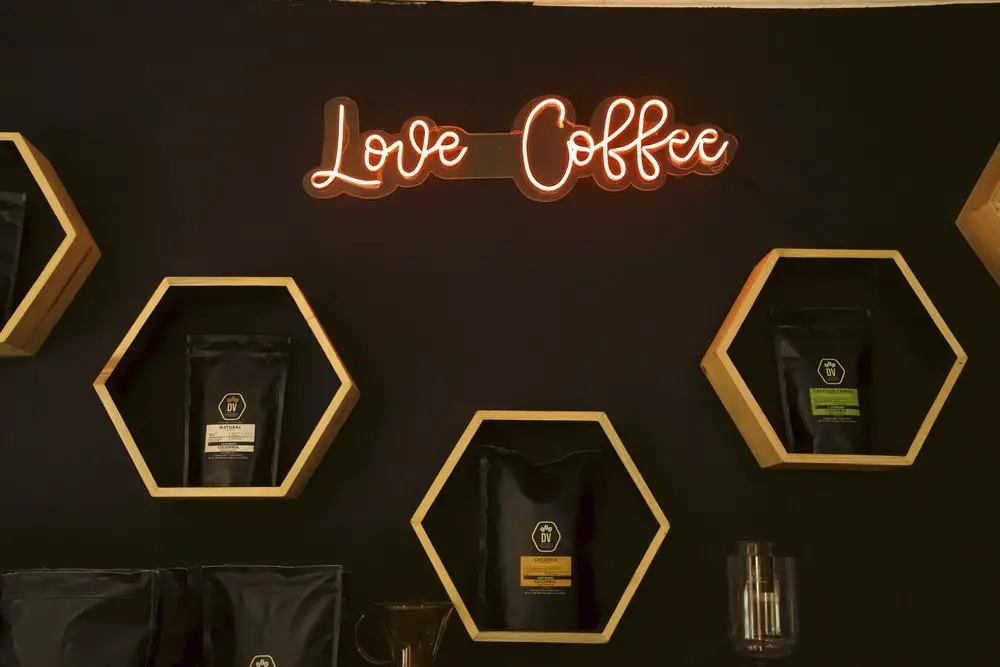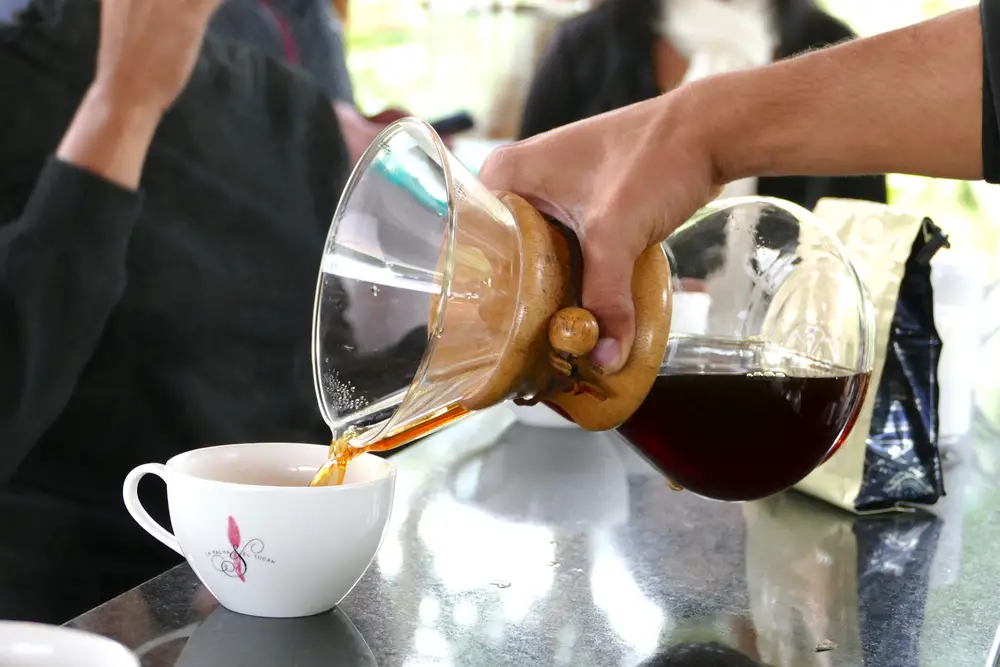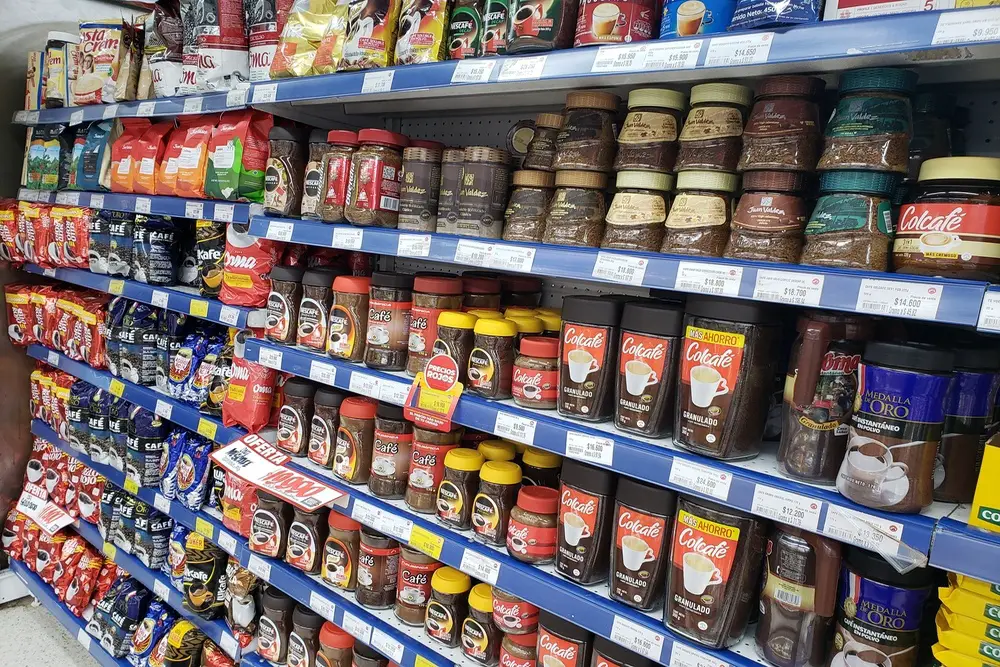Table of Contents
What is a millennial?
Millennials, also known as Generation Y, are the generation born between 1981 and 1996.
This means that if you are between the ages of 26 and 41 in 2022, you can call yourself Millennials.
A key feature of this generation is that it is flexible and unpredictable in many ways, unlike previous generations, whose behavior patterns were more easily defined.
Millennials, on the other hand, are unlikely to decide without the support or approval of their friends. Therefore, the various trends circulating in the market matter.
What do millennials have to do with coffee?
Coffee is hugely popular with millennials, even reaching countries like China or Japan where other beverages such as coffee are more common. B. tea are consumed.
According to Euromonitor International, there are a large number of millennials who prefer coffee in different parts of the world, here are the percentages for each group:
- South Africa (74.1%)
- Turkey (68.4%)
- India (65.9%)
- Russia (64.1%)
- Colombia (62.5%)
- Mexico (59.6%)
- Philippines (57.5%)
- Brazil (56.6%)
- Indonesia (50.8%)
- Germany (50.0%)
- United States (44.0%)
- China (42.3%)
- Japan (38.1%)
On that note, consider that millennials have been drinking up to 54% more coffee over the last 8 years.
In the United States, millennials account for more than 40% of coffee consumption, using third-generation coffeeshops as a meeting point.
Don’t forget that a third-generation coffee shop is a coffee shop with quality coffee. In short, a gourmet cafe.
Millennials spend long hours in third-generation coffeeshops, making these places a complete retreat. Millennials usually go there to relax.
What do millennials look for in coffee?
High quality products
Millennials prefer quality over quantity.
According to the National Coffee Association, millennials are the biggest force in the gourmet coffee movement. This could explain why specialty coffee consumption is growing at 8% annually, four times more than other types of coffee.
On the other hand, SCA News points out that 35% of 18-24-year old and 42% of 25-39-year old drink specialty coffee every day.
It’s important to realize that millennials who consume specialty coffee blends or single-origin coffee want more information about their coffee, such as: B. the type of strain, the roast date and the profile, so that specialty roasters had to provide this information on packaging labels or QR codes.
As you already know, origin-based coffees (from a single farm or region) are characterized by their unique flavors and aromas.
From this perspective we can say that Millennials are looking for milder and less bitter tastes, i.e. Arabica coffee, a higher quality coffee than Robusta with fruity, aromatic and sweet notes and a lower caffeine content.
Healthier alternatives
Millennials are a generation that cares more about their personal well-being as they have more access to health information.
Therefore, they have tried to look for healthier alternatives when drinking coffee. For example, those with a low sugar and calorie content.
Another aspect is that millennials are a generation that consumes less alcohol.
Here are some of the options millennials prefer:
RTD
Ready to Drink (RTD), ready-to-drink packaged coffees, are growing in popularity and seeing a rapid increase in demand from millennials. In fact, more than two-thirds of 18-34-year olds in the United States consume single-serve RTD coffee beverages.
Consumption of RTD drinks fits perfectly into the lifestyle of young people who want to move away from energy drinks due to potential health risks due to their high sugar content.
Decaffeinated coffee
Millennials are consuming decaffeinated coffee to reduce caffeine intake without impacting energy levels. A study by Perfect Daily Grind found that 68% of 25-39-year olds believe it is important to limit caffeine consumption.
This could be due to the fact that unlike previous generations, millennials want to consume green products for their health.
Cold Brew
Sales of cold brew coffee have grown exponentially since 2011, and millennials are consuming colder brew coffee than other generations.
Additionally, you should know that more than half of Millennials drink cold brew coffee, compared to one in five Gen Xers and one in 10 Baby Boomers.
Ecological and social responsibility
According to studies by the US National Coffee Association (NCA), it is important to millennials that their coffee is produced sustainably, i.e. with as little pollution as possible.
In fact, more than 80% of millennials know what “sustainable coffee” means and are willing to pay more for coffee produced this way.
The coffee consumers of this generation have a great respect for the environment, sustainability and social responsibility.
As a result, they are less brand loyal, they expect more social responsibility from companies and good pay for farm workers involved in coffee production.
Convenience and immediacy
Gone are the days when it was acceptable to wait more than 15 minutes for a cup of coffee. Members of this generation demand more speed and convenience as they have busy, work-oriented lifestyles. They just want to enjoy a good cup of coffee while keeping up with the fast pace of the modern world.
Millennials are looking for convenient, quick-to-make coffees that taste good. Because of this, cold-brew coffee beverages and instant coffees, i.e. coffees that only require hot water and a cup of coffee, are gaining in popularity.
However, manufacturers are aware that instant coffee has a reputation for being of poor quality. Therefore, they have started investing in processes that allow them to preserve the flavor and aroma of the coffee. For example, they replaced Robusta beans with higher-quality Arabica beans.
Personalization of the drink
Millennials want to choose how the drink is served because they love variety and innovation.
Millennials want a story to be told around a product, they want new impressions and new experiences.
That is why they are ready to pay as much money as is necessary for an exclusive and refined coffee.
The role of technology in millennial consumer behavior
Millennials are typically tech-savvy and love to share their lives on social media.
It is precisely this technological breakthrough that has enabled millennials to ask their friends for advice when making a purchase decision or simply to share how they are using the product.
In this modern context, coffee producers have started using these technological platforms to capture millennials’ attention and increase their interest in the origins of the coffee and the products on offer.
They realize that to be successful in the coffee industry, the trends that are taking hold on Instagram need to become second nature in the coffeeshops.
The future of millennial coffee demand
It seems millennials are still willing to pay more money for their coffee if they can use it to help address the problems caused by climate change. For this reason, it can be expected that they will continue to favor coffeeshops and coffee roasters that are relentlessly committed to sustainable coffee.
So, the coffee shops have to be very attentive to meet the needs of this generation.
Conclusion
Millennials know more about how to make coffee and it has since become their drink of choice.
There’s no doubt that millennials are looking for a complete experience, from coffee choices to how they consume it.
As a result, many cafes have geared up to offer higher quality coffees to attract this generation of consumers.



